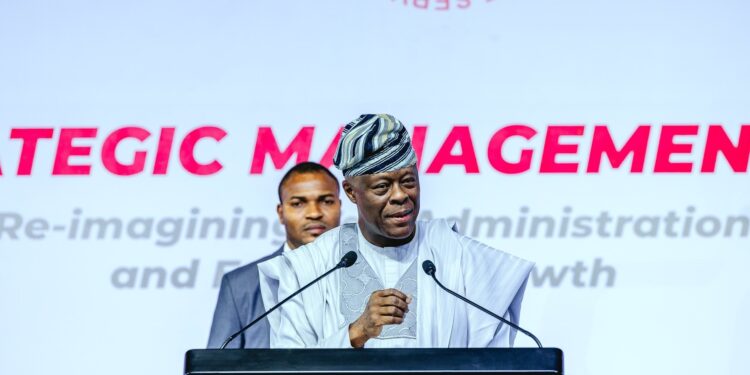The Federal Government of Nigeria is set to introduce significant tax incentives to encourage companies to hire more employees. In a recent interview, Mr Wale Edun, the Minister of Finance and Coordinating Minister of the Economy, outlined these plans as part of a broader strategy to combat inflation and stimulate economic growth.
Tax Breaks for Employment
The proposed measures include outright tax breaks for businesses that increase their workforce. This initiative is part of the forthcoming Inflation Reduction Act, which is expected to be signed by the President soon. Edun emphasized that these fiscal incentives are designed to alleviate companies’ financial burdens, particularly in light of rising production costs linked to the depreciation of the exchange rate and other economic policies. Edun stated, “The inflation reduction act will now contain a range of import duties, exemptions, lowering of tariffs, and outright tax breaks for employment. If you employ more people, you will be given a tax break against it.” This initiative aims to create a more favourable environment for job creation and economic stability.
Addressing Inflation and Import Duties
In addition to tax breaks, the government plans to suspend import duties on certain goods to help control inflation rates. Edun noted that the federal government currently spends approximately $600 million monthly on petrol imports, a situation exacerbated by neighbouring countries benefiting from Nigeria’s fuel exports. The new measures are intended to reduce these costs and improve the overall economic landscape.
Ensuring Food Affordability
To further support the economy, the government is making efforts to ensure the availability of locally-produced food. Edun mentioned that while grains will be distributed from strategic reserves, importation will only be permitted after local supplies have been exhausted. This approach aims to balance immediate food availability with the need to support local farmers.
Financial Management and Economic Stability
The Minister clarified that the government has not sought advances from the Central Bank of Nigeria (CBN) for Ways and Means, which refers to borrowing for government expenditures. Instead, they are focusing on using market instruments to manage debts effectively. This strategy is crucial for maintaining a robust economy and ensuring sustainable fiscal policies.











